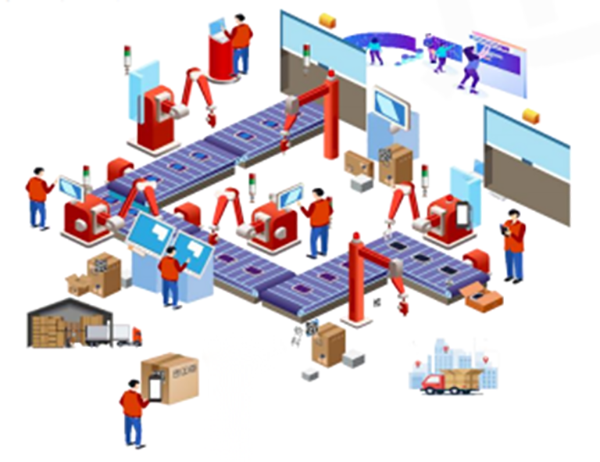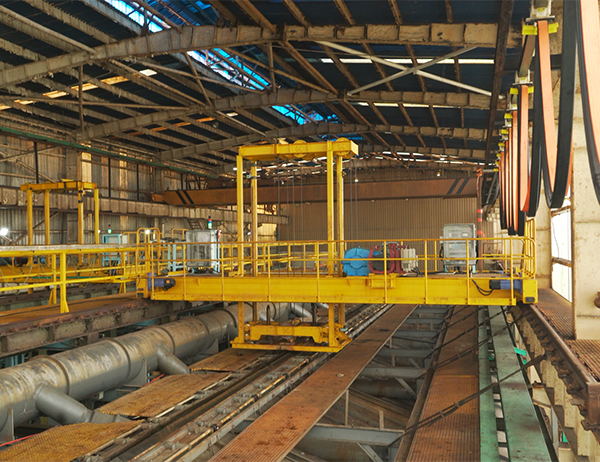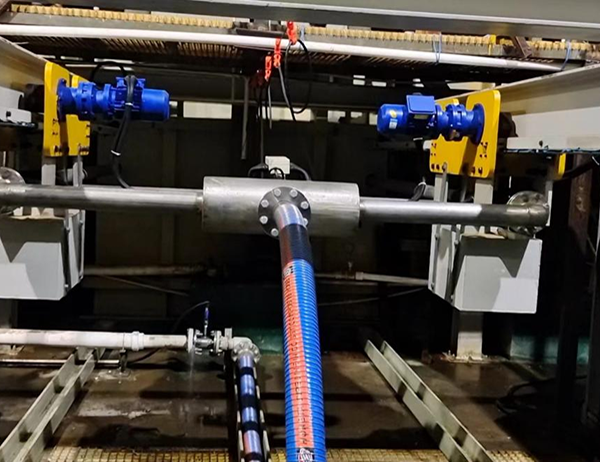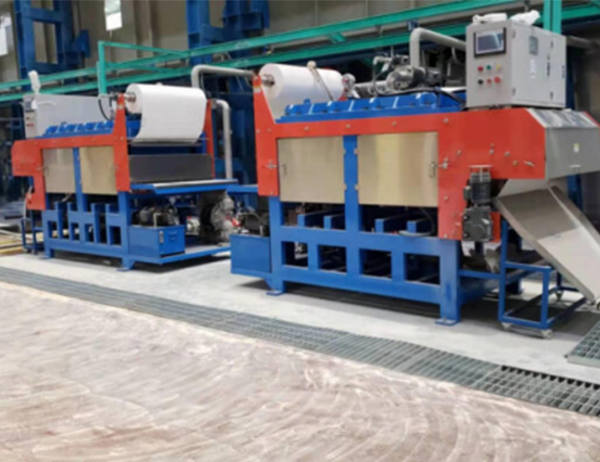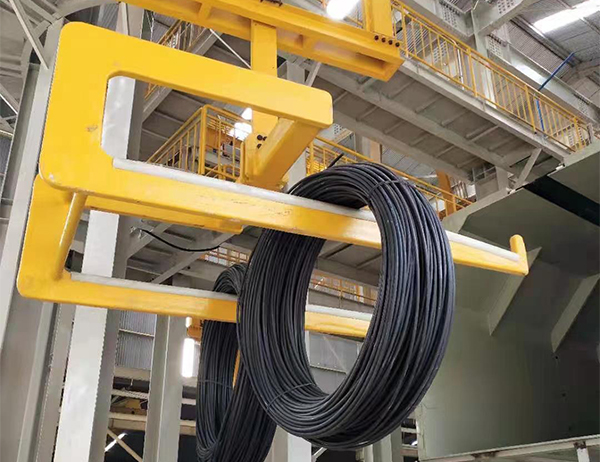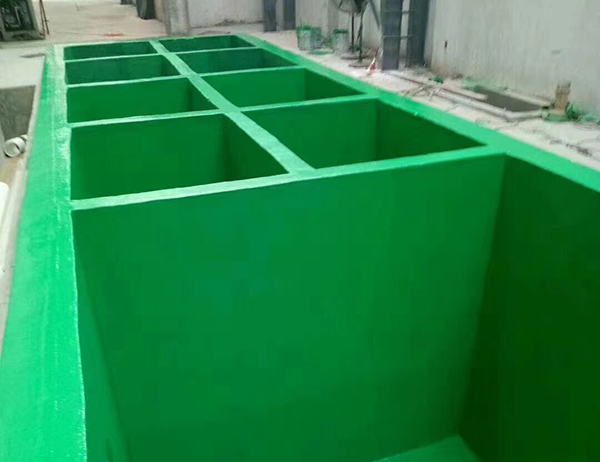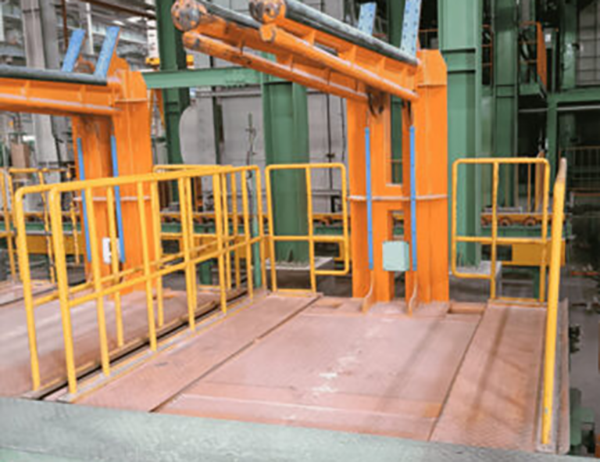MES production management system
Smart Manufacturing Standard System
On the basis of in-depth research and analysis of the key standardization areas of smart manufacturing, a standard system for smart manufacturing is proposed. Intelligent manufacturing key technology areas intelligent equipment/products, refers to manufacturing equipment/products with perception, analysis, reasoning, decision-making, control functions, is the integration and deep integration of advanced manufacturing technology, information technology and intelligent technology. Intelligent equipment / products can achieve their own state, the environment of self-awareness, with fault diagnosis; with network communication capabilities; with self-adaptive capabilities, according to the perceived information to adjust their own mode of operation, so that equipment / products in the optimal state; can provide operational data or user habits data, support data analysis and mining, to achieve innovative applications.
Smart factory / digital workshop
★Process manufacturing in the direction of smart factories
In a smart factory, the overall design, engineering design, process flow and layout of the factory have been established with a more complete system model, and simulation and design have been carried out, and relevant data have been entered into the core database of the enterprise; data acquisition systems and advanced control systems that meet the design requirements have been configured; a real-time database platform has been established, and interoperability and integration with process control and production management systems have been achieved, and factory production has been realised based on The company has established a real-time database platform and integrated it with process control and production management systems, so that factory production can be shared and optimised based on the industrial internet; established a manufacturing execution system (MES) and integrated it with an enterprise resource planning management system (ERP) to achieve production modelling and analysis, quantitative management of processes and dynamic tracking of costs and quality; established an enterprise resource planning management system (ERP) to manage and optimise the distribution of raw materials and finished products in the supply chain management.
Industrial Internet / Internet of Things
The Industrial Internet is an open, global network, the result of the convergence of global industrial systems with advanced computing, analysis and sensing technologies and Internet connectivity. The Industrial Internet fully applies the new generation of information technology innovations such as the Internet of Things, mobile Internet, cloud computing and big data to various industrial sectors, thereby achieving the goals of improving productivity and efficiency, reducing costs and using fewer resources. The Industrial Internet is a multi-disciplinary, multi-layered and multi-dimensional fusion covering production to services, from the equipment layer to the network layer, and from manufacturing resources to information fusion.
Industrial Cloud / Big Data
★Industrial Cloud
The industrial cloud is a new concept based on the concept of “manufacturing as a service” and drawing on cloud computing and Internet of Things technology. The core of the industrial cloud is to support the manufacturing industry in providing high value-added, low-cost and global manufacturing services for products in a wide range of network resources.
★Big Data
Big Data is based on the massive amount of data generated by the completion of relevant informatisation in the industrial field (including data collection and integration within the enterprise, horizontal data collection and integration in the industrial chain, as well as a large amount of external data from customers/users and the Internet), and after in-depth analysis and mining, it provides manufacturing enterprises with a new perspective on the value network, thereby creating greater value for the manufacturing industry.
